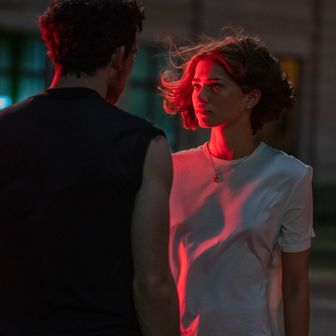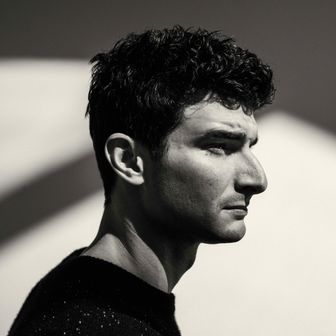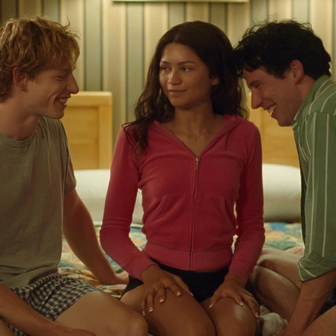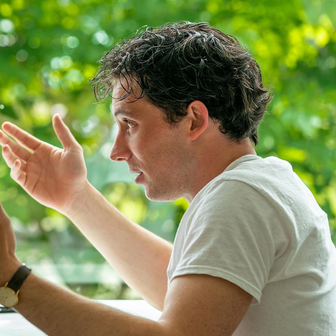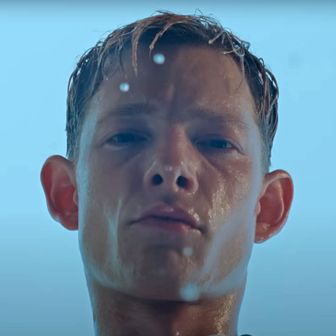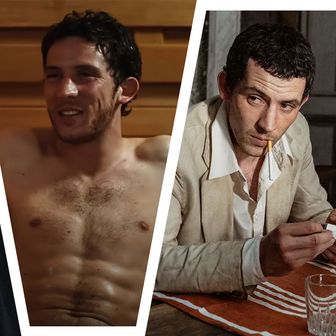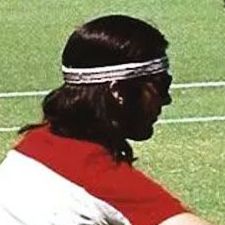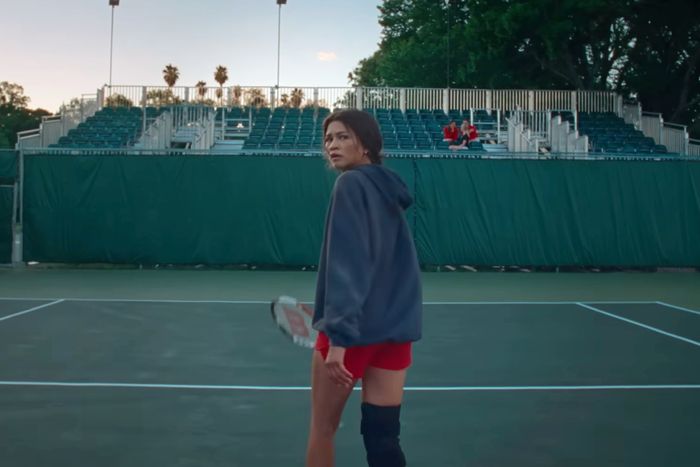
This article was published on April 26, 2024. At the 2025 Golden Globes, Challengers won the award for Best Score – Motion Picture.
Close your eyes and think of an “epic” film score — blaring horns, sweeping strings, the heartbeat “bum-BUM” of a timpani. Big movies with big scores often draw on the Western canon, invoking the divine nature of classical music into scenes where a spaceship launches from Earth or anywhere from two to 200 guys fight with swords. What we may not imagine — but Trent Reznor and Atticus Ross do — is that an epic film score can sound like it should be played at the club.
Reznor and Ross have worked together in film scoring since 2010’s The Social Network, a film that proposed, in part through its music, that coding could be cool (if not also evil). The humming, synth-y beat of that score gave the movie its sense of urgency and excitement. Last year’s music for Teenage Mutant Ninja Turtles: Mutant Mayhem had a similarly upbeat, full-blown raucous sensibility, one that leaned into the chaotic mess of that film’s visual aesthetic. But that score, as fun as it was, sounded like it had been plucked from the sewers along with its heroes. It was messy! Unpredictable! The scoring that Reznor and Ross have done for Challengers returns to The Social Network’s playful cognitive dissonance between subject matter and genre of music.
Drawing influences from French electro and hard techno, the two have crafted a score full of musical flourishes that intensify and clarify what makes Challengers such a ride. While there are a number of scenes in Challengers that lack scoring, a pulsing beeping and booping is ever-present during the height of actual tennis playing, balls whacking and thudding their way across the screen along to a beat. It’s tempting to say that the film is about ambitious people who ought to be at the club, but what the Reznor and Ross score suggests is that tennis is their club.
The setting already has a rhythmic, dancelike quality that’s only heightened with rhythmic, dancelike music. But Reznor and Ross’s score doesn’t just elevate the game; it elevates anything I do around my house while listening to it at full volume. There’s a faint sense of recognition there: Not unlike the music of Gesaffelstein — a French producer who has worked with artists like Pharrell Williams and The Weeknd — the Challengers score blends seamlessly into the electro-infused pop you’d hear out on a Saturday as well as in the Uber you take home after.
While Challengers has its moments of intensity — what love triangle between three hot athletes doesn’t? — the music also often serves as a grounding element, reminding both us and them that none of this is that serious. It’s a game, playful and surprising, with flashes of tempo changes, noise adjustments, even an unexpected whisper or two. The muttered talking in their track “Brutalizer” feels like when your friend is trying to say something to you on the crowded dance floor. Does it matter what they said? No, man, I’m out here dancing.
Director Luca Guadagnino is known for his moodier art films (Bones and All, I Am Love) and his quietly seductive work (A Bigger Splash, Call Me by Your Name), but Challengers feels like his first real foray into full-blown Hollywood moviemaking, complete with a mononym star, bright sexy colors, and a thudding, thumping Reznor and Ross score that gives the daylit tennis scenes the feeling of an all-day rave. This is the party; this is the pulse of the movie: exhausting, sure, but only if you run out of energy.
More on Challengers
- The Death of the Classic Film Score
- Why the Oscars Ignored Challengers
- The Biggest Snubs and Surprises of the 2025 Golden Globe Nominations


